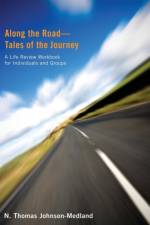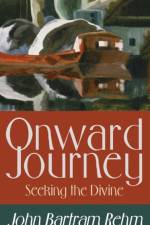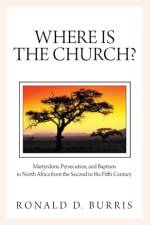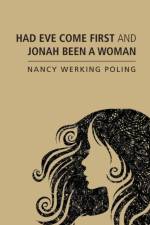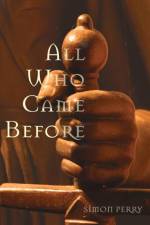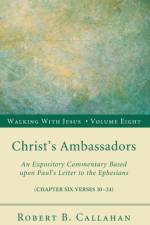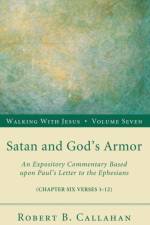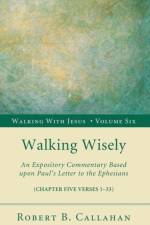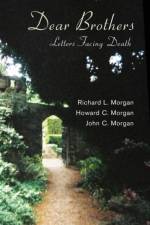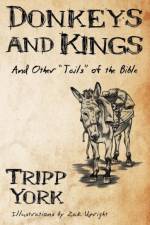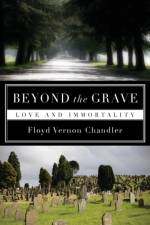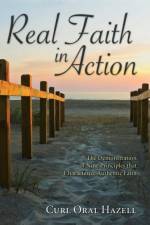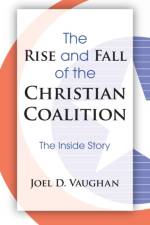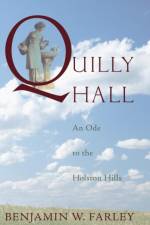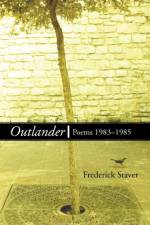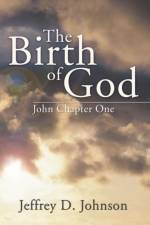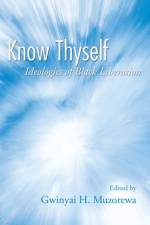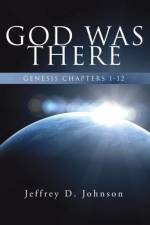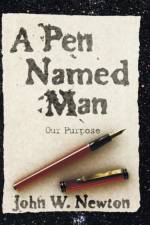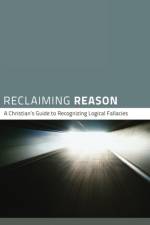av Sr Callahan & Robert B
543
The Apostle Paul, in exercising his ineffable wisdom, draws this magnificent letter to a close in an extraordinary manner. Certainly, he could have concluded it after telling the masters and servants how to treat one another. But, no, he did not. He proceeded to challenge them to become Christ's Ambassadors and to be proficient in this high calling, despite the daily obstacles, pressures, and temptations. What does Paul boldly state after having told Christ's followers, [t]hat we henceforth be no more children, tossed to and fro, and carried about with every wind of doctrine, by the sleight (trickery) of men and cunning craftiness, whereby they lie in wait to deceive? That they will have a life of ease, no problems or worries, and no challenges, disappointments, or hardships? No! But, he did tell them how to conduct themselves in all of life's different phases. Further, that they were to walk in love, as Christ hath also loved us, and that not everyone hath any inheritance in the kingdom of Christ and God.Paul, contra to the practice today of many preachers, teachers, and church officers, knew the problems that Christ's followers faced and he boldly addressed them. He unequivocally stated that there were things appointed for them to do. Knowing these things and the difficulties encountered in following Christ, he issued a battle call to each and every follower, saying, take (up) unto you the whole armor of God, that ye may be able to stand in the evil day, and having done all to stand. Paul was forthright in describing the benefits and challenges of Walking With Jesus as well as the attitude, conduct, and conversation precluding one from entering the kingdom of Christ and God.If we are to be Christ's Ambassadors, whether it be preacher, teacher, church officer, or professing Christian, we are to know our duties and carry them out resolutely. What are they? They include, but are not limited to: discharging their duties honorably; being loyal subjects; following instructions; knowing the Word; and obeying Christ's commands. May we, along with Paul, pray the following with humility and sincerity: For which I am an ambassador . . . that therein I may speak boldly, as I ought to speak as one of His ambassadors

